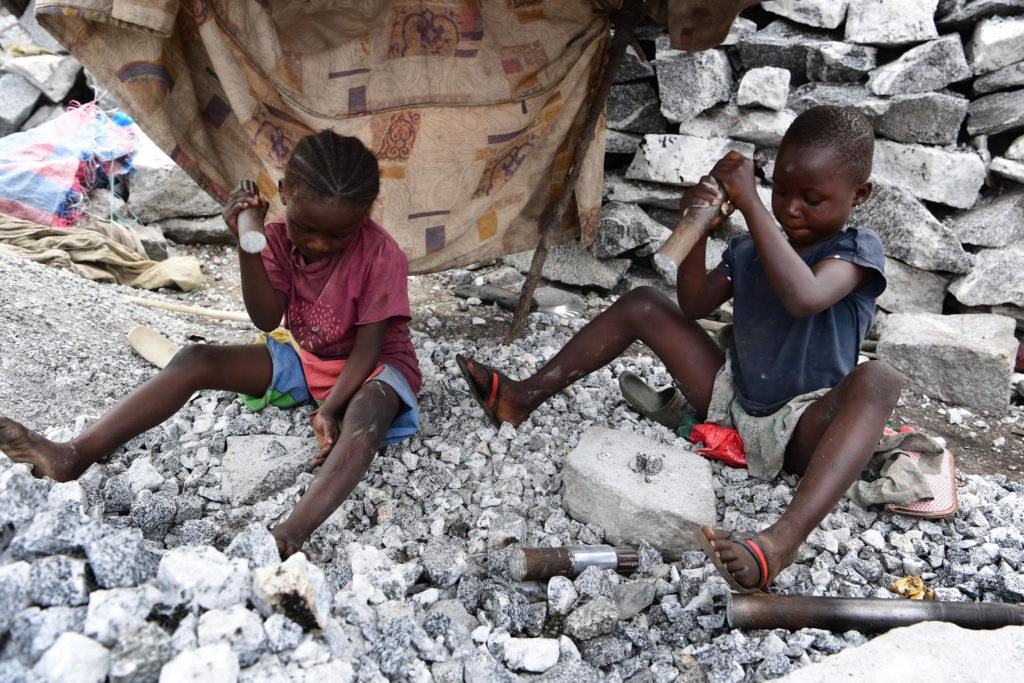Child labour across the world grew by 8.4 million in the past four years to 160 million, the first increase in the figures for almost 20 years, according to the latest report from Unicef and the International Labour Organisation (ILO).
Previously, from 2000 to 2016, the trend was downward, with 94 million children fewer in employment.
The headline figure is concerning enough. Even more so is the fact that the proportion of children aged five to 11 is rising, and now accounts for more than half the global figure. And the number of children in hazardous work – work considered dangerous for their health, safety or morals, has gone up by 6.5 million since 2016, to 79 million.
“The new estimates are a wake-up call. We cannot stand by while a new generation of children is put at risk,” said ILO director-general Guy Ryder.
“Inclusive social protection allows families to keep their children in school even in the face of economic hardship. Increased investment in rural development and decent work in agriculture is essential. We are at a pivotal moment and much depends on how we respond. This is a time for renewed commitment and energy, to turn the corner and break the cycle of poverty and child labour.”
The Covid-19 pandemic presents new problems, with an estimated nine million children at risk of being forced into child labour as a result – a number that could rise to 46 million without adequate social protection.
And children already working could face longer hours and worsening conditions as a result of the pandemic, the report warns. The effects on already-vulnerable families could push children on the brink into child labour.
“We are losing ground in the fight against child labour, and the last year has not made that fight any easier,” said Unicef executive director Henrietta Fore.
“Now, well into a second year of global lockdowns, school closures, economic disruptions, and shrinking national budgets, families are forced to make heart-breaking choices. We urge governments and international development banks to prioritise investments in programmes that can get children out of the workforce and back into school, and in social protection programmes that can help families avoid making this choice in the first place.”

